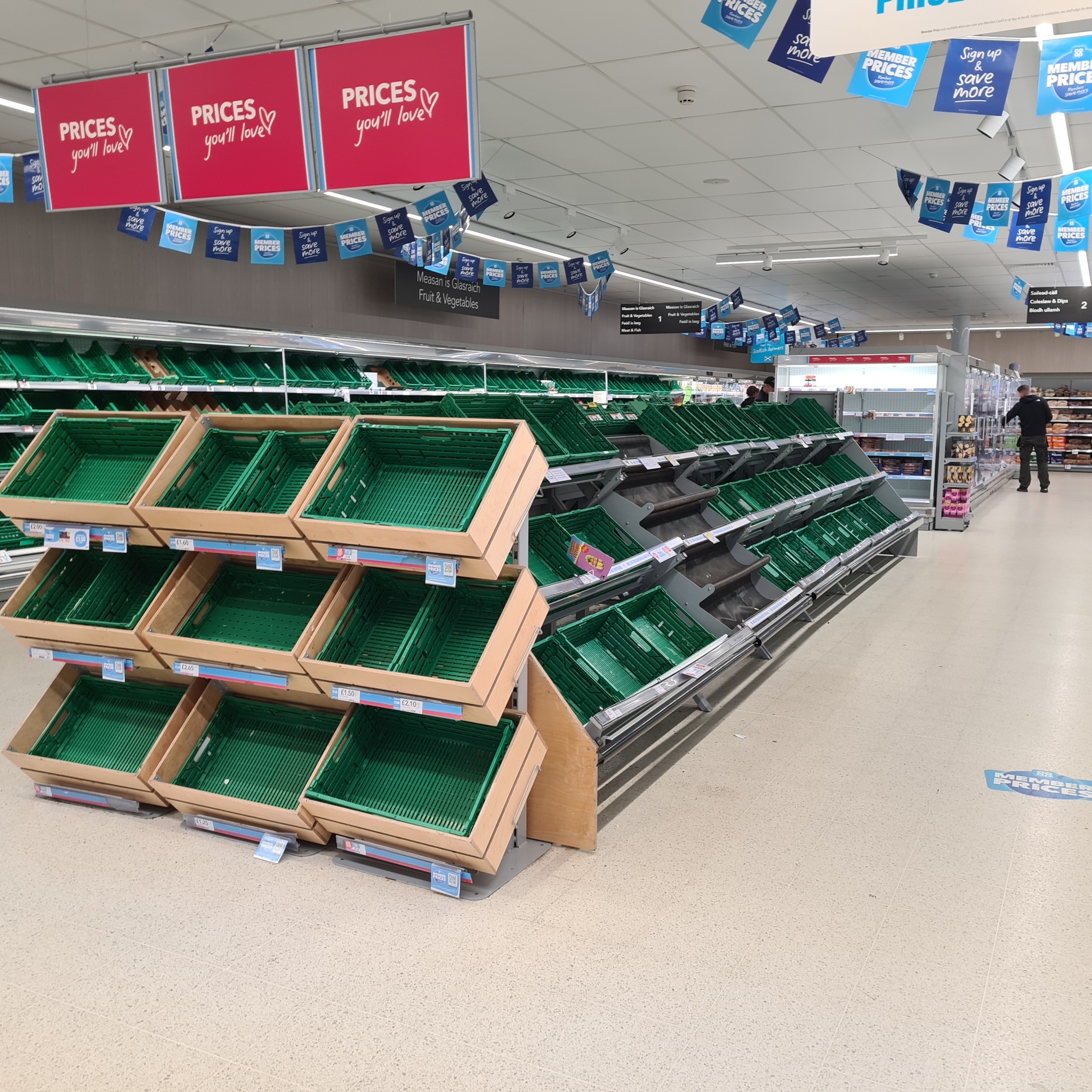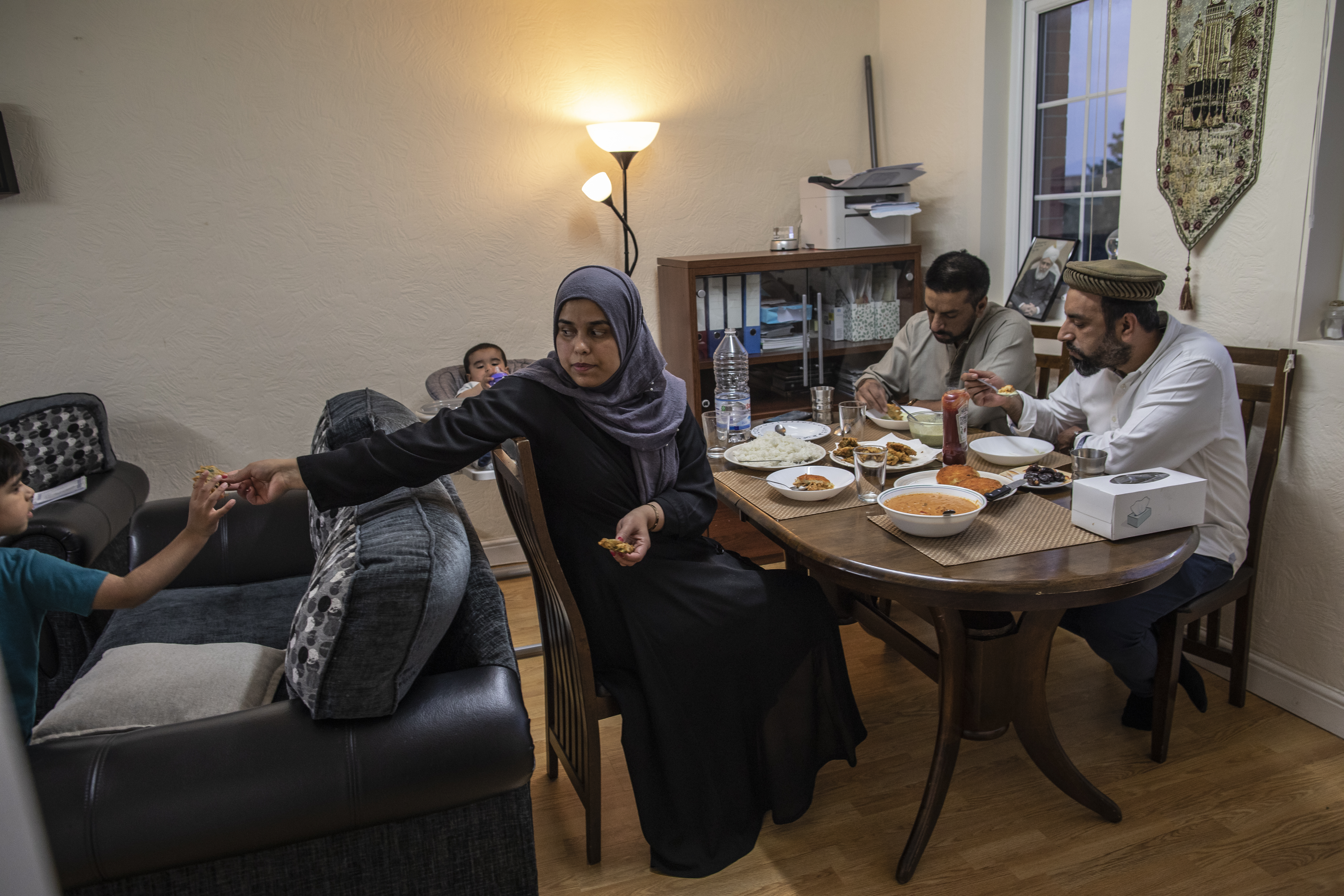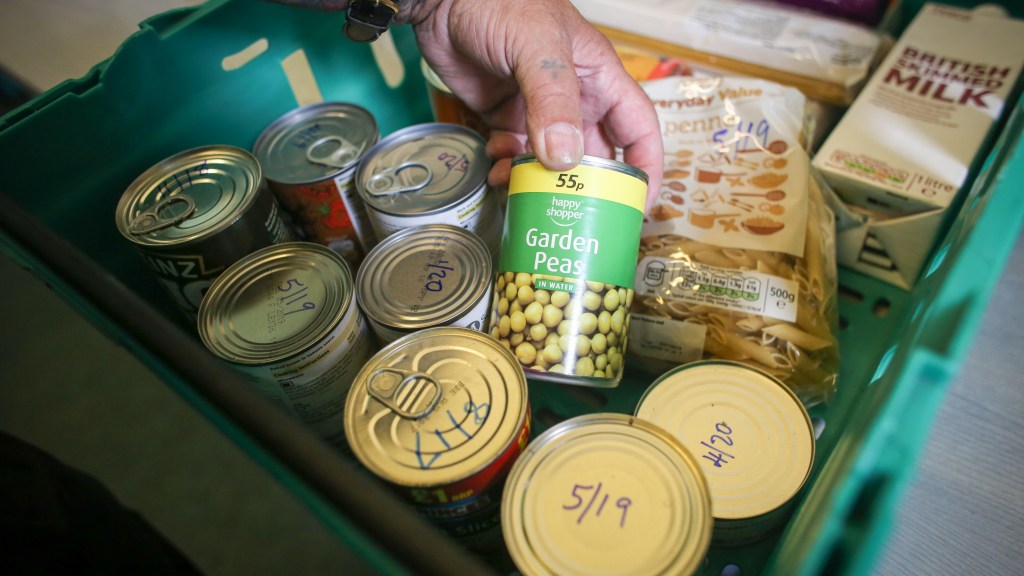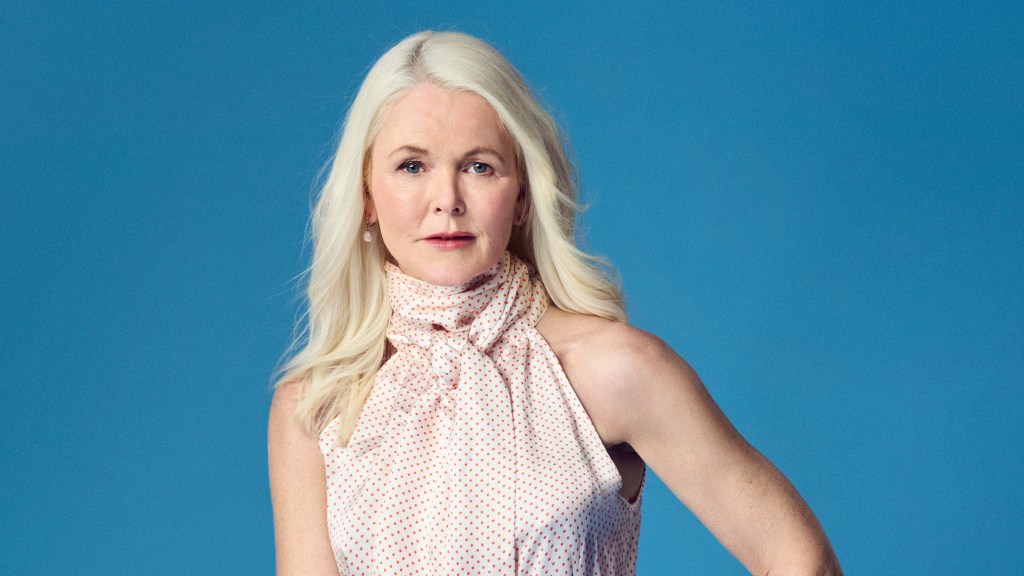Experts Warn Food Supply Needs to Address Vegan and Halal Options in Crisis Situations
Experts have emphasized the importance of including vegans and Muslims in food supply strategies during potential crises, cautioning that the UK is unprepared for disruptions in the food supply chain.
Professor Tim Lang, an authority on food policy, stressed that in the event of a cyberattack or military intervention damaging Britain’s fragile food supply, comfort in rations becomes essential. He stated that individuals in distress require familiar and comforting food options.
“People who are typically on a halal diet shouldn’t be forced to consume non-halal food, nor should vegetarians or vegans be expected to eat meat,” Lang remarked.
Lang reflected on the historical context, indicating that current circumstances are vastly different from those experienced during major events in 1940 and 1916, noting a lack of comprehensive planning for modern crises.
He pointed out that nations like Germany and Sweden are already considering diverse dietary needs tied to various ethnic groups, suggesting that UK government nutrition advisors should analyze British dietary habits for better preparedness.
Sir David Omand, former director of GCHQ, expressed concerns about Britain’s complicated food systems, indicating that these weaknesses make the nation more susceptible to crises, stating that the country would struggle to cope with severe shocks such as mass cyberattacks or military actions.

Omand noted that two decades of digitizing logistics have made these systems vulnerable to disruption, which could be exacerbated by a generation perceived as less resilient.
Lang discussed recent cyberattacks on retailers like Co-op and Marks & Spencer, suggesting that the impact would have been much greater had Tesco, which controls a significant portion of food sales, been targeted.
The academic, who recently released the “Just in Case” report highlighting concerns about Britain’s food resilience, has consistently urged the Department for Environment, Food and Rural Affairs (Defra) to prioritize food security.
He criticized the lack of intelligence gathering around food system vulnerabilities, pointing out a prevalent complacency regarding food availability in the country.

Lang argued against the assumption that supermarkets are the sole sources of food, highlighting the paradox of the UK, which has rich agricultural potential, relying heavily on food imports.
In May, coinciding with the announcement of a general election, then Prime Minister Rishi Sunak’s deputy, Oliver Dowden, introduced guidelines urging households to prepare for emergencies with essential supplies.
However, Lang insisted that government bodies must take a more proactive role rather than depending solely on individuals, criticizing the trend of logistics companies minimizing storage over the past five decades.
He advocated for a shift from a “just in time” supply chain model to one focused on resilience—”just in case”—noting that a small number of companies dominate food distribution in the UK.
He cited successful strategies in countries like Sweden and Switzerland, where local authorities and national reserves play crucial roles in ensuring food security.
Omand, who also has extensive experience in governmental roles and authored a book on crisis management, observed a troubling trend of denial among policymakers, warning that real consequences will prompt action only when a crisis unfolds.
He speculated that the forthcoming food challenges would need to escalate significantly before government mobilization occurs.
A representative from Defra responded, asserting commitment to a collaborative food strategy aimed at maintaining the nation’s food supply and addressing economic growth, environmental protection, and individual health.
“Collaboration within the food sector is vital to achieving long-term transformation,” the spokesman stated.




Post Comment